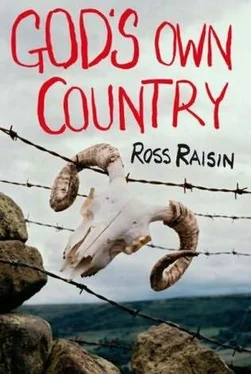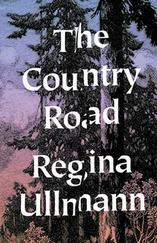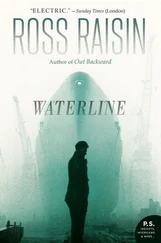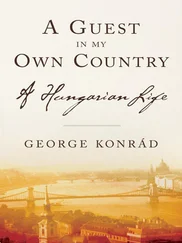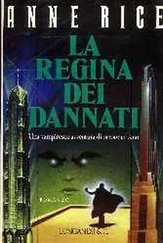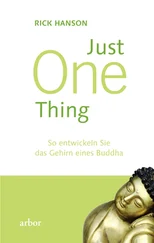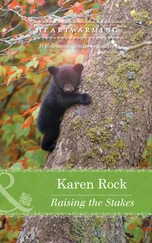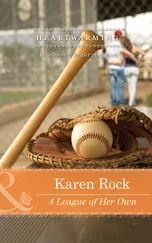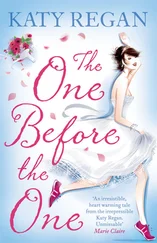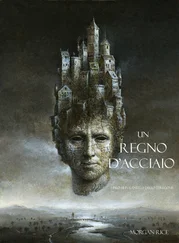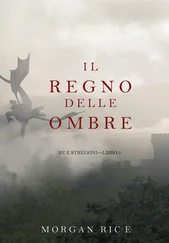Guy. Have a biscuit. She offered him the tin, but he ignored it. What you looking for? she asked.
Whistle.
Here. She picked his whistle out the egg bowl then righted the salt up. Near went through t’ washer, it did. You left it in your other trousers.
He put the whistle in his pocket and slumped into his chair.
Bending toward the fire, he set the rabbit on the hearth, laid out on its side so as it seemed to be stretching in the warmth with its eye fixed on me. Mighty fine spot for a snooze, this, it said. Father gave a stab to the fire and the room swelled with heat.
He looked at me. Them who’ve bought Turnbull’s farm move in day after tomorrow, d’ you know that, lad?
No. Who are they?
Towns. And you’ll let them alone, an’ all. He took himself a biscuit from the tin. They’ve a daughter.
♦
I sat up top the field and watched them all the afternoon while the pups scuffled about me and my arse proper boned into the rock. I’d been in the yard messing about by the sheep-dip when I heard the cattle-grid rattling other side of our hill and I thought, hello, they’re here, for I could tell between rattles and that wasn’t one I had the knowing of. I was in my place before they even showed on the skyline. A mighty blue van coming along the track. I watched as it took the fork toward Turnbull’s old place, slowing for each cattle-grid, until it disappeared a moment in the thick of trees in front the farmstead before pulling into the gateway. I fetched the whelps and sat them two each side of me, fooling myself they’d be mooded for staying put, and I settled in to view the doings half a mile down the hillside.
And look who was first out the van. The girl. Young. Fifteen maybe. The others got out — mum, dad, kid brother, two furniture lugs — and they went at clearing the van, mum and dad pointing commands, the fridge, yes, that goes indoors, as if they feared the lugger-buggers might set it in the vegetable plot, and the boy skittering about, unsure, like a louse on the flat of your hand. The girl got stuck in, mind, bounding back to the van after each round, her ponytail flop, flop on her shoulders.
I watched on, the whelps racing and tussling round me on top the rock, never losing sight of me or jumping down. Mighty jump for them that, small souls that they were. They were seven weeks. Not a bad lap of life, when fighting is just play and most the times you’re not asleep you’re chasing Twat the cat around the yard, and seven weeks was old enough they’d live on. The first month is the parlous one, while they’re still soft to the cold and the cat, and to each other, so that each morning you have to ready yourself for a warmish lump or two trod into the straw by the other little guzzlers. We lost three the first few weeks. You had to be fair solid, being a sheepdog. Or a farmer. Or a furniture-lugger, come to it, carrying fridges about the place all day.
The lugs were taking a break, one of them sat in the van and the other searching about for something. He was looking all round a big cabinet on the path, well blow me, I know I left it someplace here I wonder where, until the girl came over and set him straight, pointing at something on top the cabinet. A mug of tea, seemed like. It must’ve gone cold for he slurped it straight down, both hands, the knobbly-arsed monkey.
Sal was biting on my finger. I let her, because it didn’t smart that much and she needed to train up her teeth. She was the boldest of the whelps, spite of being a female. The others were happy getting a mother-smothering from Jess, but Sal had started to break from that, partial now to following me round instead. Mostly the tickle on my trouser leg would tell me she was there, but sometimes I’d not mark her until I’d kicked her five yards forward and she’d yap on back to me, what you do that for, you big old bastard? She was the biggest of the litter too. The size of my head, fair exact, for when I played with her and put my cheek to the ground, she fit snug against my face, a damp spot of nose on my forehead. And I had a big head. Long thin head, long thin body. Lankenstein, they’d called me, in them days I still went to school, until three years ago when they sided me off. Cheerio, Lankenstein, we’ll not be seeing you again, I hope. Too fucking right you won’t.
The inside the van had been gutted and their belongings were lined up on the path to the front door. The pups had quit scuffling, their heads up having a watch, same as I was. Five of us in a row, picture-house style, curious over these towns. A person might’ve looked on us and guessed we were all thinking similar, though they’d be wrong, likely, for I was eyeing the furniture and figuring how much it’d sell on for. A fair pocketful, certain.
The girl let her hair out. A blondie, looked like. The family were all indoors and she was leant up against the side the van talking to a lugger-bugger. A nice chat they were having. He had his arms folded all attentive but I couldn’t get a proper sight on him as he had his back-end to me, so all I could see was the great stump of his back. Probably looked much the same both ways round, mind. She touched him on the arm. Then the wind gave a gust and our ten ears pricked up as laughter drufted up the hillside toward us, her laughter. A pearl of a noise, that danced about our heads a moment then spun off over the Moors behind. She must’ve laughed first, then touched him, and we’d got them wrongways — Sound is Light’s clog-footed brother, always lagging behind. What had a lug such as him said that was so funny? I’d never forced a laugh like that from a person, not a girl, certain. Myself, I’d more likely rile folk up, cause them to shout or bluther, than honey-talk them. That was my talent. Maybe that was what he’d been telling her, maybe they could see me up here with the whelps and he was having nine yards of fun out of me. There’s a lad lives up there, do you see him? Sam Marsdyke. He’s mighty popular round these parts — you won’t find a sheep that has a bad word to say on him. Ha, ha, that’s a good one, you are funny, Mr Lugger-Bugger. Oh, I don’t know about that. Not half so funny as Marsdyke’s face, I’m telling you!
She was at it again. Laughing away, what a man you are, let me just steady myself against the van here.
She’d know me before too long. Not me, course, but my history, painted up in all the muckiest colours by some tosspot, gagging to set her against me. A piece of gossip travels fast through a valley. The hills keep it in. It goes from jaw to jaw all the way along till it’s common news, true or not. Specially when the valley’s full of tosspots, such as this one.
Delton was the worst. That crick of the kitchen curtain each time I passed by their farm at the bottom of the track, on my way to town. She was spying out, brewing her gossip. Never mind we were in as bad shape as them with money, and we should’ve stuck together, she’d never be warm on us. Specially me. So I knew she was out for me now, the blatherskite, brooding round the hillside with her cats whipping round her ankles. Just ripe for an introduction to these towns. And the second she spies her chance — that Sam Marsdyke, let me tell you what he does to young girls like you.
Sod that. I’d let them know I wasn’t so foul-smelling as Delton had me for. I’d meet them in flesh first, before they met my shadow.
Iwas up early. The sun had just started to show himself when I stepped into the yard, a ball of orange half-hid behind the Moors. That was the best time, when the Moors were coming alive with creatures waking in the heather, and the dark was shifting to reveal a mighty heap of purple spreading fifty miles to the sea. This new family weren’t fussed about that, mind. Their sort were loopy for farmhouses — oh we must move there, the North York Moors is God’s own country — but they couldn’t give a stuff for the Moors, all they wanted was a postcard view out the bedroom window. They knew nothing what I knew of it. Spaunton, Rosedale, Egton, thirty moors each bigger than your eye could frame, fastened together by valleys cutting into the earth between, lush with forest, flowers and meadow grass, where there weren’t towns and villages drying it all up. I turned round from the Moors to look down the sloping green farmland that shaped the side of our valley. It must’ve been full of trees once, but now the whole valley was scarred with grey roads and homesteads, and the town.
Читать дальше
